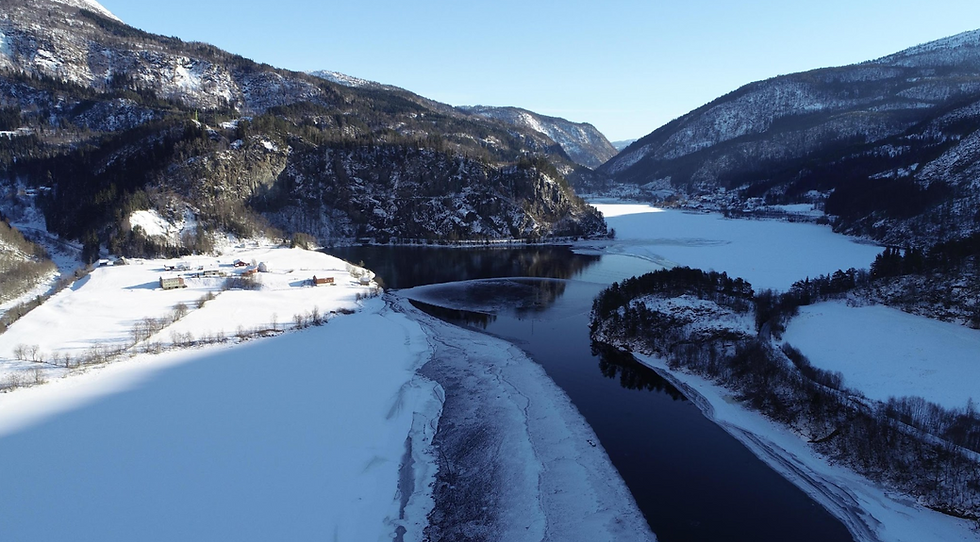Do pathogens predict salmon survival? Our recent study suggests that it is not that simple
- Lotte Dahlmo
- Jul 24, 2025
- 2 min read
Historically, Norwegian rivers have been associated with the fascinating Atlantic salmon fish species. This salmonid has become culturally and economically important for Norway, with many recreational fishers seeking out rivers where they spend a lot of time and money to fish for salmon as they migrate from sea and back to the rivers where they were once born.
One of the most important salmon populations in Norway, found in the Vosso river system, has been struggling to return to their historical great abundance after the collapse in the 1980s.

Our new study that was recently published looks into a possible reason why - the role of diseases. Although many researchers have investigated the role of sea lice, we took a broader look into the whole community or collection of pathogens, the small microorganisms that may cause diseases. The aim was to see how pathogens may affect the behaviour and survival of salmon in the Vosso river.
Several methods were combined to answer this overall aim: each fishes pathogen community was identified, any signs of stress, inflammation, or other signs associated with bad health were investigated (through gene expression), and each salmon were tagged with a small acoustic tag to study their movement in the wild.

Surprisingly, our results showed no clear connection between pathogen presence or stress-related genes with how the salmon behaved or if they survived or not. Both wild and hatchery reared salmon were included in the study, and the two groups exhibited different behaviours, however, the difference was not explained by neither pathogen load nor stress levels between the two groups. Thus, infection alone can not tell the whole story when it comes to survival of salmon.

This study fills in important pieces to the big puzzle of why the salmon population in the Vosso River still struggles to recover, and highlights the complexity of salmon biology and ecology in the wild.
Check out the paper if you want to read more here






Comments